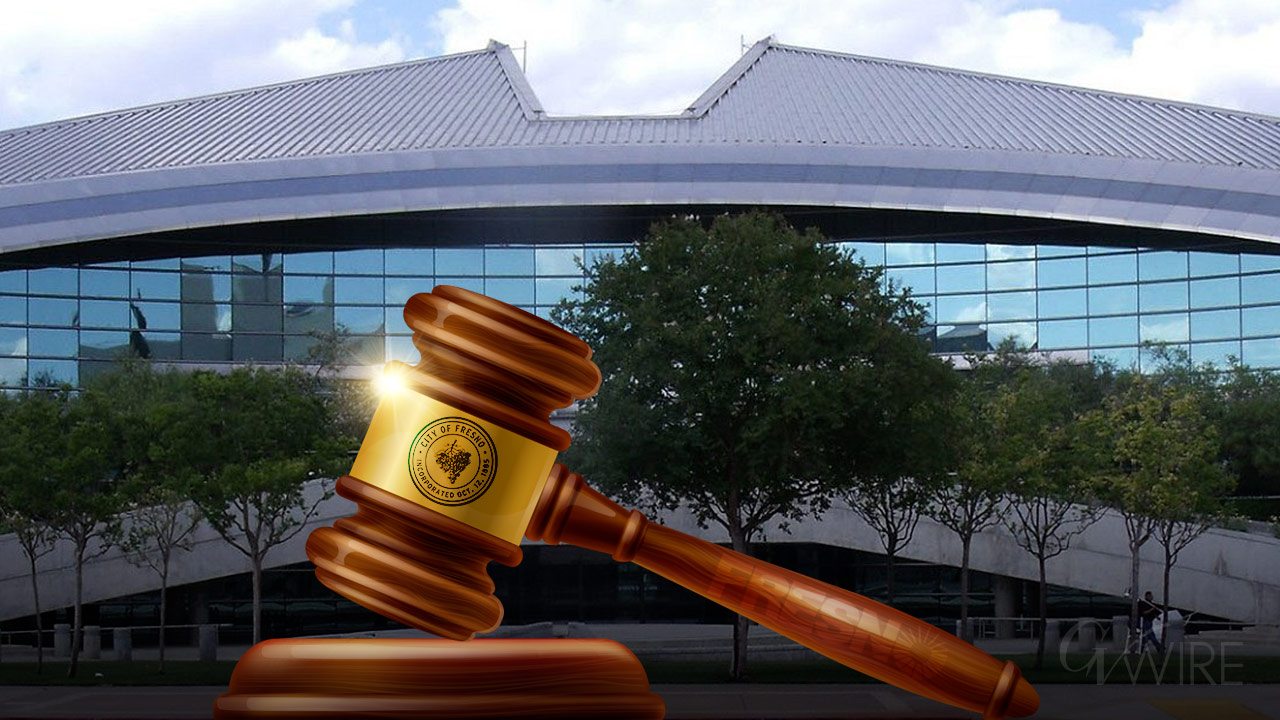Chief U.S. District Judge Richard Seeborg, presiding in San Francisco, granted Fresno’s request for a temporary restraining order blocking Trump administration rules tied to housing and transportation grants. (GV Wire File)

- A federal judge granted Fresno a temporary restraining order against Trump executive orders imposing new grant conditions.
- The ruling applies for 28 days while the court considers further arguments from both sides.
- Several California and out-of-state governments joined Fresno in the lawsuit, citing millions in threatened funding.
Share
|
Getting your Trinity Audio player ready...
|
A federal judge granted the city of Fresno’s request for a temporary restraining order, preserving hundreds of millions in grant money.
“The uncertainty injected into the process is significant, and they’ve shown a likelihood of success on the merits,” Chief U.S. District Judge Richard Seeborg of the Northern District of California said at the Tuesday afternoon hearing.
In a news release last week, Fresno said it receives about $12 million in housing grants, and nearly $250 million in transportation grants. The federal government threatened to revoke that money because the city would not comply with Trump’s executive orders against promoting gender ideology, DEI, immigration protections, and abortion.
The TRO applies to Trump’s executive orders setting conditions on already-approved grant money. It will last 28 days, until a more detailed court hearing is held. A date for that hearing has not been set.
Several other local government agencies joined Fresno in the lawsuit, including the cities of Eureka, and South Lake Tahoe, California; Sacramento County; St. Paul, Minnesota; Monroe County, New York; and New York’s Monroe County Airport Authority.
Seeborg — an Obama appointee — presided in his San Francisco courtroom, while all attorneys, including Fresno City Attorney Andrew Janz, appeared remotely.
Janz Reacts
Janz applauded the ruling.
“The Administration placed the City and its taxpayers in an impossible position: either violate the Constitution, accept illegal conditions unauthorized by Congress, and place City staff in legal jeopardy; or forfeit hundreds of millions of dollars of federal grants already appropriated by Congress,” Janz said.
Janz said walking away from the grants “would have been devastating to the City’s budget, safety, and our local infrastructure.
“Contrary to early media commentary on this lawsuit, securing the federal funds already owed to Fresno was not as simple as deleting lines on a page. Again, no administration, Democratic or Republican, may lawfully impose political ideology on local governments by holding congressionally approved funding hostage,” Janz said.
City Challenges Fed’s Authority
Plaintiffs’ attorney Ryan McGinley-Stempel argued the legality of the executive branch imposing conditions on grants. He also argued that timelines set by the government demands a decision now. Otherwise, Fresno and the other plaintiffs would be forced with Hobson’s choice — essentially, a take-it-or-leave-it decision.
Federal attorney Charlie Merritt said a TRO is not necessary because no grant is in immediate peril. Seeborg urged the parties to “stand down” on the grants. Merritt said the federal government was willing to extend some deadlines.
“There are no threats of irreparable harm in that period,” Merritt argued.
McGinley-Stempel also argued some of the government’s issues are vague and ambiguous. For example, McGinley-Stempel mentioned the Department of Housing and Urban Development’s objections to a Fresno plan for emergency shelters “for all genders and their dependent children who are fleeing domestic violence.”



















